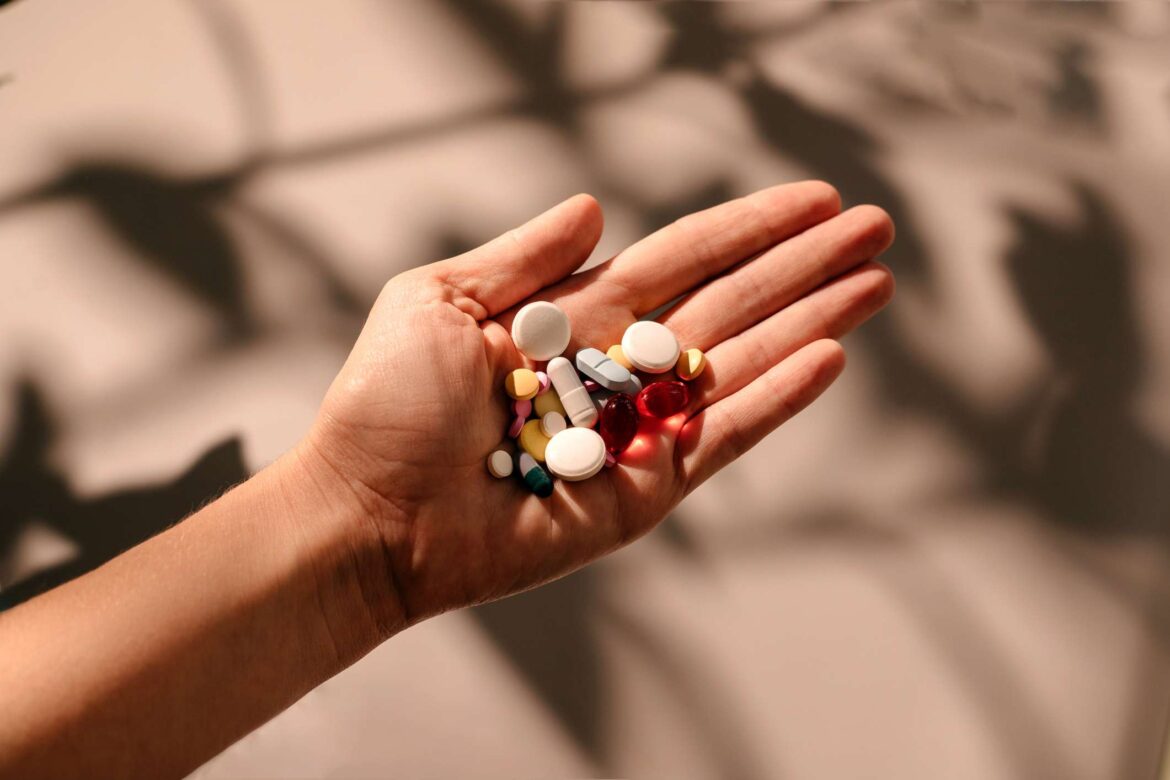Vitamin C, also known as ascorbic acid, is a water-soluble vitamin and antioxidant that plays a vital role in collagen synthesis, wound healing, and immune system health. However, it can also interact with certain supplements and medications, potentially affecting the absorption, effectiveness, safety, or metabolism of these nutrients.
Vitamin B12 is a water-soluble vitamin that helps metabolize protein and form red blood cells. It also supports your nervous system, a network of nerves and neurons that allow your brain and spinal cord to send messages back and forth to different parts of your body.
Taking vitamin B12 and high doses of vitamin C may degrade certain forms of vitamin B12 (such as cyanocobalamin), reducing the amount absorbed in the gut. “If you take high-dose vitamin C, separate it from B12 supplements by several hours to minimize this possible interaction,” Heather Rae Paschal, PharmD, a board-certified clinical pharmacist and women’s health clinical liaison at ConsultRx, told Health.
Another alternative is to eat foods rich in these vitamins. Foods rich in vitamin B12 include meat, poultry, shellfish, eggs, and dairy products. Vitamin C-rich foods include citrus fruits, berries, cabbage, and broccoli.
Iron is an essential mineral that’s necessary for making hemoglobin, a protein in red blood cells that transports oxygen throughout your blood. It also supports muscle metabolism, neurological development, and the formation of healthy connective tissue.
While vitamin C is a safe and effective way to enhance iron absorption from foods, Paschal says people with iron-overload conditions (such as hemochromatosis) should avoid high-dose vitamin C supplements, as they may increase the risk of tissue damage or toxicity.
If you have an iron-overload health condition, speak to your healthcare provider about dosage and timing recommendations for vitamin C before adding it to your supplement regimen.
Copper is a mineral that’s essential for energy production and the formation of red blood cells. It’s also vital for your nervous system and immune system. Some people need to supplement with copper if they aren’t getting enough from their diet or have a health condition that causes malabsorption, such as celiac disease.
However, Vitamin C reduces available copper, leading to oxidative stress and potential kidney damage.
“It is best to take each with separate meals of the day at least two hours apart,” Allison L. Hill, PharmD, RPh, director of professional affairs at the American Pharmacists Association, told Health. Another alternative is to consume foods rich in these nutrients instead.
Vitamin B3, or niacin, can help manage high cholesterol when combined with a statin. However, taking vitamin C with niacin and a statin may reduce the effectiveness of your cholesterol medication, preventing an increase in HDL (“good”) cholesterol levels.
Vitamin C can be obtained naturally from foods rich in vitamin C. A healthcare provider can also provide advice on the recommended dosing and timing of vitamin C supplements if you are taking any medications for cholesterol that contain niacin.
While not a supplement, aluminum is a chemical compound found in certain medications, such as antacids (used to treat heartburn) and warfarin, a blood thinner that prevents and treats blood clots.
Warfarin can interact with vitamin C and lead to a decrease in warfarin’s anticoagulant effect, which prevents blood clots from forming. While this effect is rare, interactions tend to happen when someone is taking higher doses of vitamin C alongside warfarin.
If you’re taking an antacid or a medication such as warfarin, speak with your healthcare provider first to see if a lower dose of vitamin C is safe.


Dining and Cooking